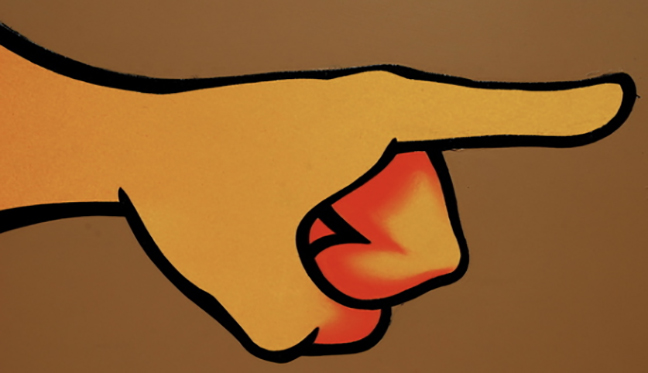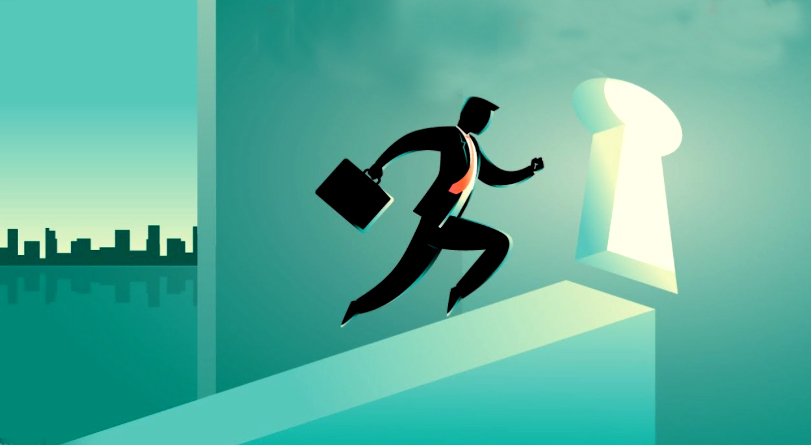
We have probably all heard at one time or another the admonition, “oh, quit being such a victim.” Usually this carries with it a sense of shame, like we are slipping into some infantile and very unbecoming behavior. “Being” a victim very often is a reality brought upon us by unseen forces, such as getting sick, losing a partner, or getting fired. “Acting” a victim is a horse of a different color—usually. Sometimes, and maybe most of the time, we will act a victim momentarily as we recover from a serious shock. Sometimes acting a victim is the first motivating impulse toward recovery. It is victim “consciousness” that I am primarily addressing here. Victim consciousness can definitely be a problem.
Victim consciousness is easy enough to acquire. Back in the old days it was often referred to as the way a person acted after a “streak of bad luck”—depression, no motivation, mopey-ness—“down on his luck,” people would say. “It figures,” is the response from the victim with the next foul up, in a long line of foul ups. Even people who don’t seem to believe in any sort of metaphysical reality will say that the universe is out to get them. This is victim consciousness. Ever heard of a feedback loop? A microphone sends the voice to an amplifier which then sends that amplified voice out of a speaker which is again picked up by the microphone that sends it again to the amplifier and then to the speaker—even louder!—over and over again, like a loop. All that is left is a shrill scream that would only get louder, or bust out a speaker, if the loop isn’t broken. Victim consciousness is sort of like that—a series of failures or disappointments that, because of their frequency and consistency, convinces the “victim” that he or she is causing them, thus creating a pile up until the victim is convinced that something “out there” is trying, consciously and deliberately, to destroy them. Over and over again.
Sound familiar?
Probably all of us have experienced this or something similar at some time in our lives. Some of us are probably plagued with it, caught in a feedback loop we can’t seem to get out of. There is both an objective/pragmatic and a metaphysical/spiritual way to look at this. I will cover both briefly here. First, a series of disappointments, one right after the other, can get the best of us down. We get depressed, sluggish, and lose our sense of spontaneity and ambition. In this state it is easy to miss things. Opportunities slip by, we are not on our toes and not tuned up for swift and thoughtful sorting out of problems and challenges. We don’t see the good in things and only see the bad—we interpret most things that happen to us as negative and thus set ourselves up for the next drop. We are in the negative victim loop.
A metaphysical perspective would add to this more objective process by describing our negative state as low frequency, dark energy. Dark energy and low vibration attract more of the same, and soon enough we are mired in the muck of dark gloom. In the victim’s world, everything out there does whatever bad it wants to do to us. The place we want to be is in the consciousness where everything is done by us. In this state of consciousness, “doing consciousness,” we take control, we own our lives and our experience, and we create the world we wish to create.
Easier said than done, eh?
If you are in a feedback loop of victim consciousness the first action you must take is to break the loop. A victim consciousness loop is typically not one loop, but many, all converging together to make one huge terrifying, and seemingly hopeless, experience. So, it isn’t a matter of breaking one loop, you must continuously break them, one after another, until there are very few left. Think of it as adding one drop of clean water to a glass of dirty water—add one drop of clean water every second. How long will it be before that glass of dirty water starts to clear? How long will it be before you even notice it being a bit clearer?—longer than most have patience for. As you break one loop, there will be another that will overwhelm your attention, break that one and then there will be another. You must have faith you are progressing, even though to begin with you may not feel as if you are at all.
How do you break loops? Ignore anything bad that happens to you. Ignore it. Look only at the good things, count them, keep a gratefulness journal, focus on the positive, and only pick up pieces if anything breaks with a bad experience. Stay in the present. Once the pieces are picked up, never think back to it. Learn from it, but that’s it. Don’t allow what goes into the microphone to be amplified and pushed back out of the speaker. Stop it there. Move on to the next, and break that loop, over and over until your glass is filled with crystal clear water.







Leave A Comment